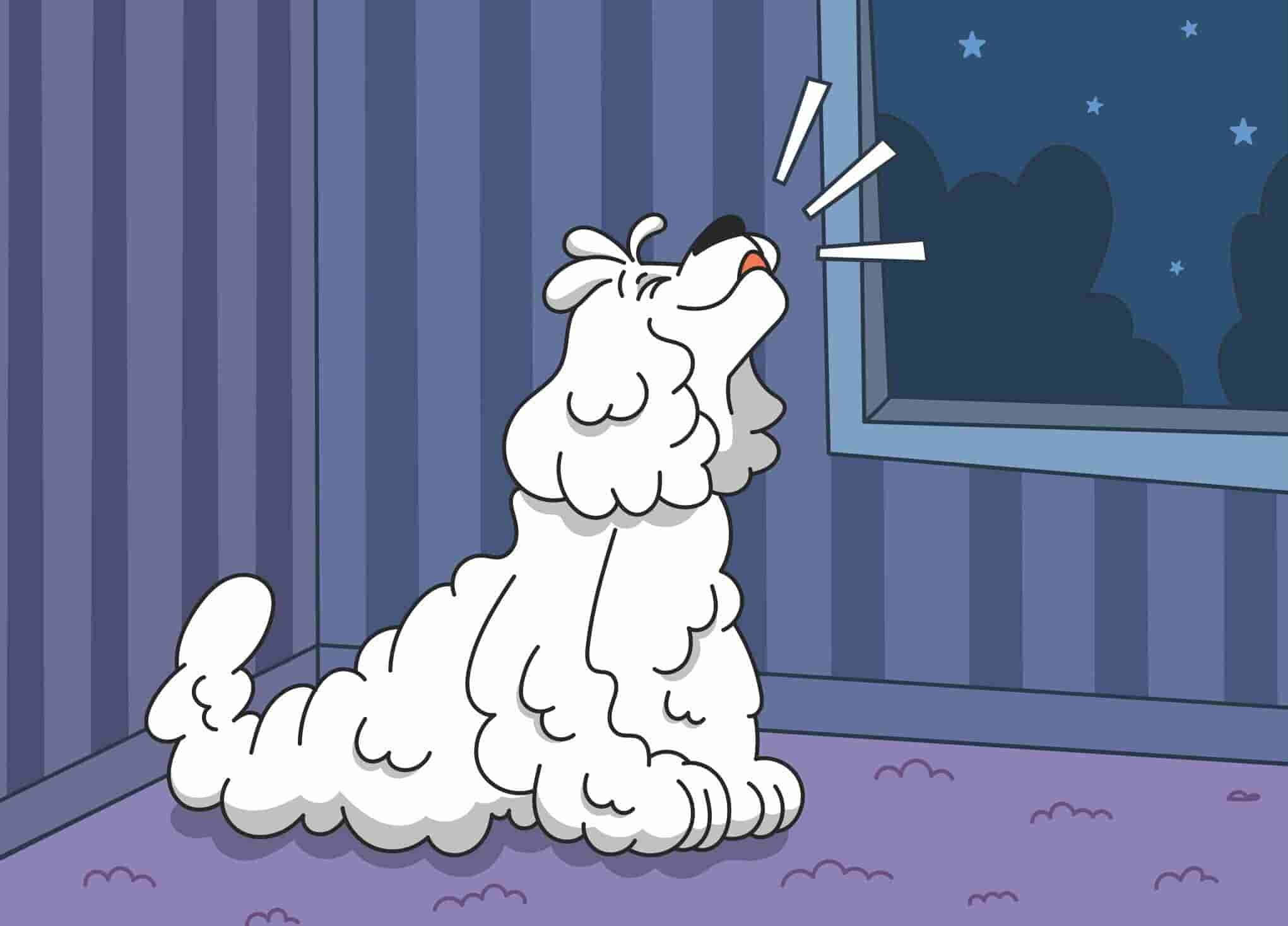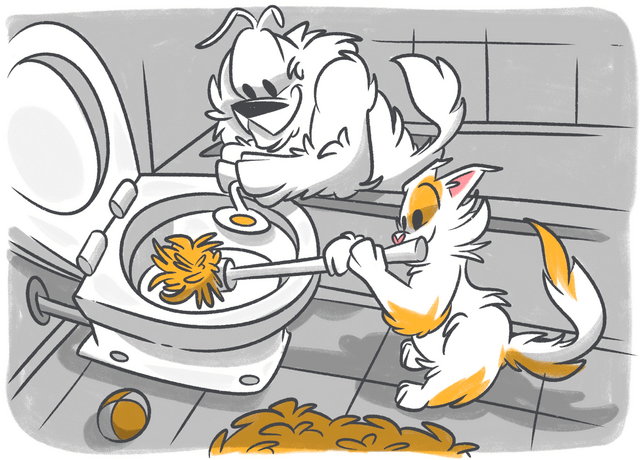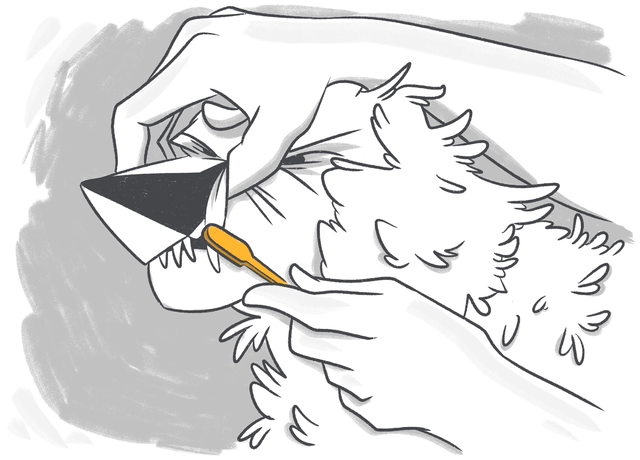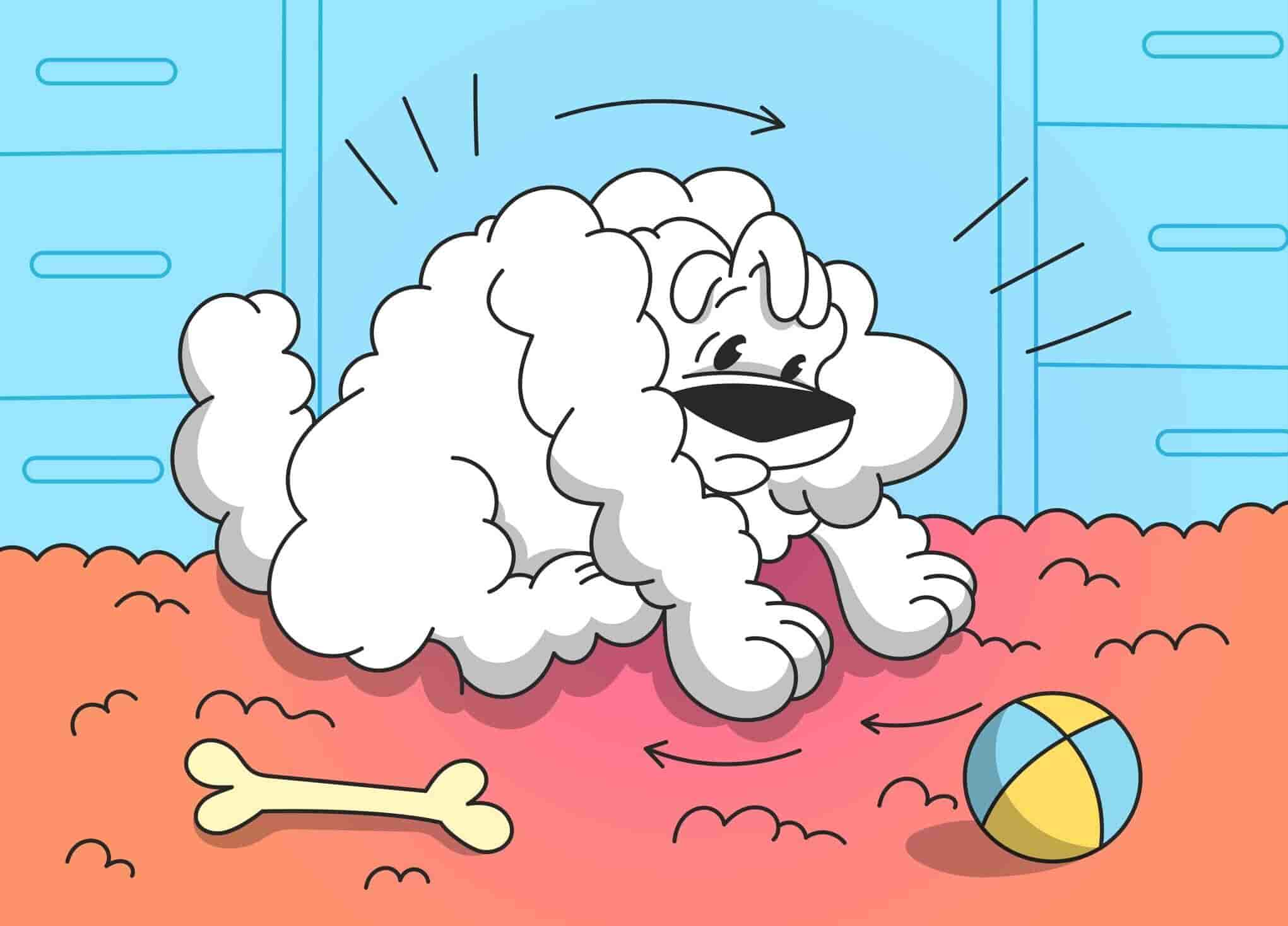Whether in your own home, or on the internet, we’ve all seen a 4-legged friend throw back its head to let out a long howl. This behavior can bring joy and laughter to the humans around the dogs. Sometimes, it can also result in aggravation if the howling carries on for too long.
The causes and prevention of howling depend on a wide variety of factors. Keep reading this article to learn everything you need to know about howling, including:
- The Meaning of Howling
- Various Causes of Howling
- Common Howling Breeds
- Why Do Dogs Howl at Sirens?
- Why Do Some Dogs Howl at Sirens and Others Not?
- How to Stop a Dog From Howling
Howling Meaning
In the wild, canine species communicate with each other using howls. Individuals and packs let each other know where they are and if there’s any danger. While your dog lives a very different life from its relatives in the wild, howling is hardwired into your dog’s DNA. In addition, your dog’s hearing is finely tuned and sensitive enough to hear howls from other dogs from a great distance.
It’s basically a form of doggo telephone. When your dog belts out a big howl, they’re saying, "I’m right here. Where are you?"
Most of the time, your dog is simply stating their presence when they are prompted to howl by a passing siren, a soulful song, or another howling dog. However, there are other factors to consider when your dog’s howling doesn’t fit these categories.

Causes
We can look to wolves to understand the basics. Sometimes, there are underlying issues that could be at play. Your dog might be howling because of issues like:
- Separation anxiety
- Medical issues
- Learned attention behavior
Are you worried your dog suffers from anxiety when you leave home? Howling is a very common symptom of separation anxiety in dogs. It’s usually accompanied by other anxiety symptoms such as:
- Pacing
- Panting
- Destruction of furniture or property
- Depression
Another possibility you should rule out that might be behind your dog howling is injury or illness. If your dog has sustained some sort of internal or external injury, their response might be to howl for long stretches of time. Take your dog to the vet to have them thoroughly examined if you suspect a medical issue.
On the other hand, it’s also possible that your dog is howling because they learned it’s a good way to get attention. A quick Google search reveals thousands of videos of dog owners prompting their canines to howl for the camera.
This might be fun at first, but for many people, howling can become a nuisance to both the owner and their neighbors. Keep reading to find tips on how to stop your dog from howling.
Dog Breeds
While all dogs are direct descendants of wolves, certain breeds are more prone to howling. It’s important to be aware of this when choosing which breed to take home, as some dogs just naturally want to “sing” more than others.
Huskies are famous for their howling tendencies. Husky owners can tell you they love to sing it loud and proud to the moon, music, or a passing siren through the neighborhood. Get a pack of huskies together, and they will howl in unison to create a beautiful yet haunting canine song.
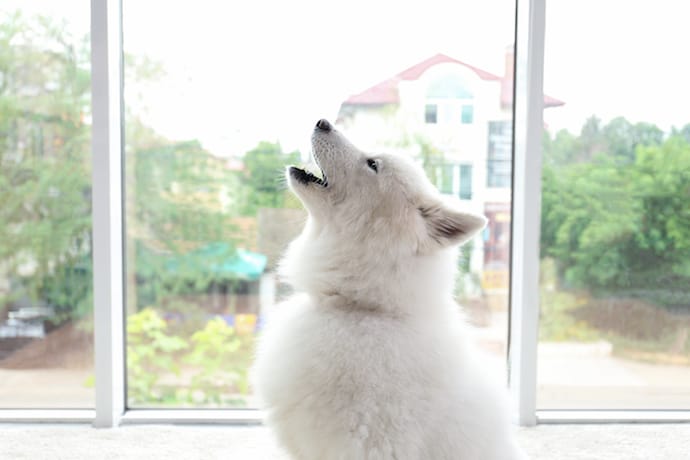
Hound breeds are also known for their loud and soulful howling. Humans have bred hounds for their ability to detect and alert hunters to prey. So, they are naturally inclined to howl to let their owners know when they detect something.
Labradors are also known to belt out a tune every now and then. While howling isn’t as much of a thing in labs as it is for huskies, your lab puppy might grow up to be a frequent howler.
Puppy howling in all breeds is a common trait to expect. When alone or insecure, tiny puppies have been known to let out some howls to alert their family of their location. This allows their parents to quickly locate and carry them back to safety.
While some breeds are more likely to howl, there are some ways to minimize the behavior.
Why do dogs howl at sirens?
Apart from the most widely accepted reason why dogs howl at sirens because they mistake them for the calls of other dogs, another theory about why dogs howl at sirens is that your dog may perceive the sirens as a threat.
Your dog takes its role as guardian and protector of the family very seriously. So, any new or unfamiliar sounds will cause your dog to react, letting you know that something is going down. Your dog will begin to howl to make you aware that there is a potential danger. If your dog isn’t used to hearing sirens, it’s possible that this may explain their howling.
This howling behavior sometimes reinforces itself because as the sirens (ambulance, police vehicle, etc.) pass by, the siren will become more distant. This makes your dog feel like a real champ for having chased off the danger with its howls and saving its family, and they’re likely to keep doing it because, well, it’s clearly working.
There are those who suspect that the pitch of the sirens may be hurting the dog’s ears and that’s why they begin to howl. Unless your dog is displaying other signs of distress, like running away, hiding, cowering under furniture, and tucking in their tail, it’s not likely that they’re in any pain or discomfort.
Why do some dogs howl at sirens and others not?
If you’re reading this and are starting to wonder if everything’s ok with your dog because it doesn’t seem to react to sirens at all, fear not. There are a few reasons why your dog is not howling at sirens, and none of them are cause for concern at all.
Firstly, some dog breeds are simply more predisposed to howling than others.
Further to this, dogs, just like humans, have different personalities. Perhaps your dog isn’t howling because it feels very secure and isn’t up for communicating with other dogs. It could be that maybe your dog’s hearing isn’t as astute. If you live in an area where sirens or alarms are common, it could be that your dog has grown desensitized to the sounds and no longer feels the need to react.
Whatever the reason, if your dog’s not a howler, it certainly doesn’t mean that your dog is broken.
How to Stop a Dog From Howling
If your dog is an occasional howler, it’s probably not too disruptive to your life. But what do you do when your dog’s howling at sirens is excessive and disruptive to you or your neighbors?
You can correct the behavior by:
- Not reinforcing the howling by reacting. Your dog needs to learn that howling is not going to get your attention.
- Reward your dog generously with plenty of praise and a tasty treat or two if they can hear a siren and not begin howling
You’re dealing with an instinctual behavior so be prepared for your interventions to take some time to work. Consistency and patience will, over time, yield some good results.
You can also enlist the help of a skilled dog trainer who will not only be able to work with your pooch to modify their response to sirens, but they will be able to help you to support your dog and set them up for success.
Do you suspect your dog has learned that they get heaps of attention for belting it out? There’s a simple method you can try to reverse this learned behavior.
- Silence reward training - start by prompting your dog to speak. This is usually an easy task for your dog, and they will likely bark or howl on command. Once they get going, introduce a silence command like “be quiet”.
As soon as your dog remains quiet for a few moments after you give the command, reward them with lots of praise and/or a juicy treat. Repeat this practice, and soon you’ll be able to silence your dog in any situation.
If nothing helps, be sure to read our comprehensive guide on how to calm a dog down like a dog whisperer. There, you will also learn about the causes of hyperactivity. Who knows, maybe your doggo howls because of it?
Conclusion
There are lots of reasons why your dedicated doggo howls. It depends on a variety of factors, including:
- Breed behavior
- Communication
- Learned behavior
- Separation anxiety
- Medical issues
Sometimes dogs just want to communicate when they hear a siren or another dog howling. If they belong to a certain breed like huskies or hounds, they are genetically predisposed to this behavior.
Check out our expert article on separation anxiety if you suspect your pet is suffering when you leave. If your dog’s howling seems wrong or out of place, take it to the vet to rule out any medical causes.
Was this article helpful?
Help us make our articles even better

